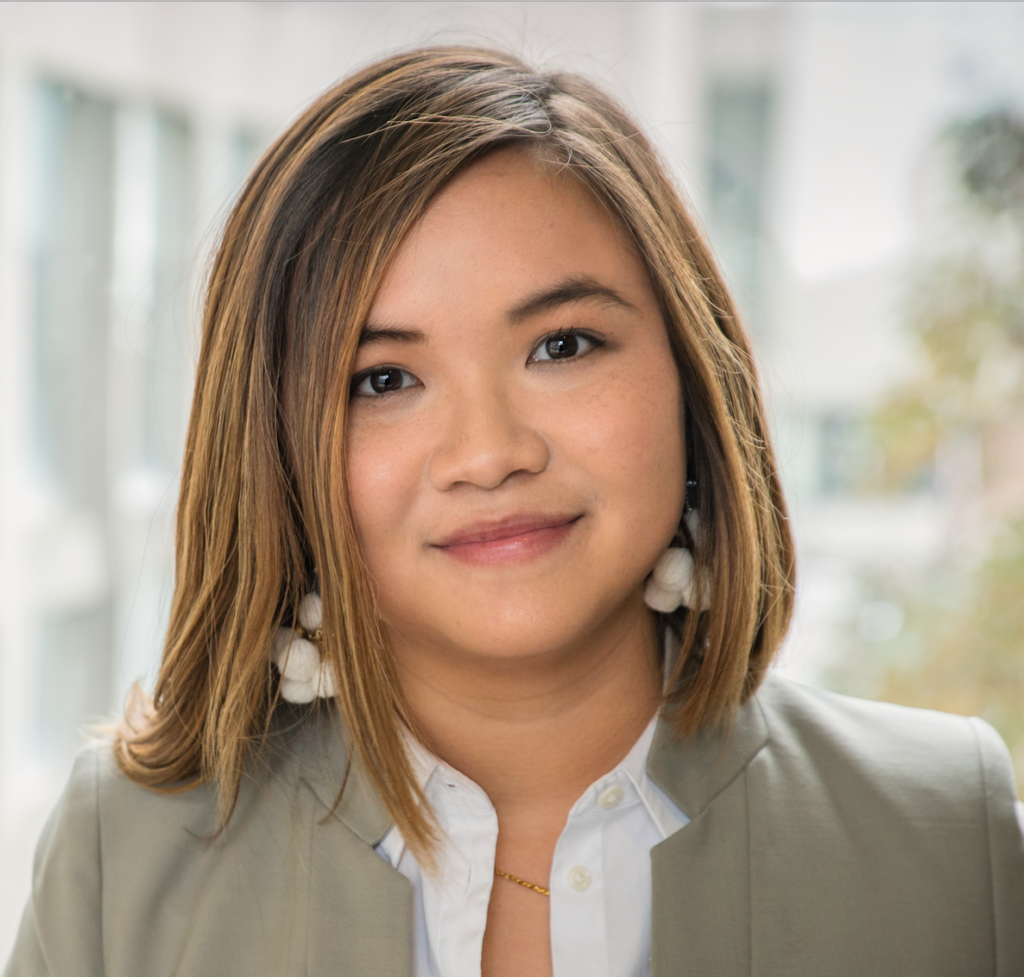
York U professor’s new paper challenges tokenizing women of colour in academia
An accomplished Chinese Canadian academic in equity studies Assistant Professor Yvonne Su says embracing diversity must go beyond optics
The unspoken rule for women of colour in academia is to be everything to everyone – mentor, diversity champion, tireless scholar, and silent workhorse, says York University equity studies Assistant Professor Yvonne Su in her recent paper published today in Nature Human Behaviour.

“We are expected to carry the banner of inclusion, but we are not truly included. Inclusion, as it’s currently defined, is about optics, not transformation,” observes Su in the Faculty of Liberal Arts and Professional Studies. “It’s about showing diversity on the surface without addressing the deeper inequalities embedded in the institution. We are asked to fix the system, but we’re not allowed to question its foundations.”
While delving into her own experiences facing challenges as a Chinese Canadian academic, Su draws attention to the balancing act and the pressure that Kamala Harris had to undergo during her presidential campaign as a woman of colour. “The first Black and South Asian woman vice-president and presidential candidate, Harris was supposed to represent the pinnacle of inclusion in American politics, but the scrutiny she faces is relentless.”
Su, who is the director of York’s Centre for Refugee Studies expresses her frustration in believing in the promise of inclusion if she worked hard enough, adapted to the culture, and played her part in promoting diversity, she could be the ideal academic. “But the more I tried to meet these expectations, the more I realized that inclusion in academia is conditional.”
She also notes that seemingly collegial advice from male colleagues is a form of benevolent sexism, which reinforces traditional gender roles and subtly undermine women’s authority or independence. “It's been two years, since I realized benevolent sexism was happening to me and I still have not been able to find a way to stop it.”
While challenging the academy to stop tokenizing women of colour, she urges establishment of proper safeguards and protections. “We want to do the work that will fix the system, but you need to give us the space, autonomy and authority to do this work.”
Su notes that many of her colleagues who are woman of colour are afraid to stand up for themselves because it is unsafe. She however adds that speaking out will not change their status as visible minorities.
“Academia is changing, and institutions need to change with it, or they will be left behind,” Su concludes.
